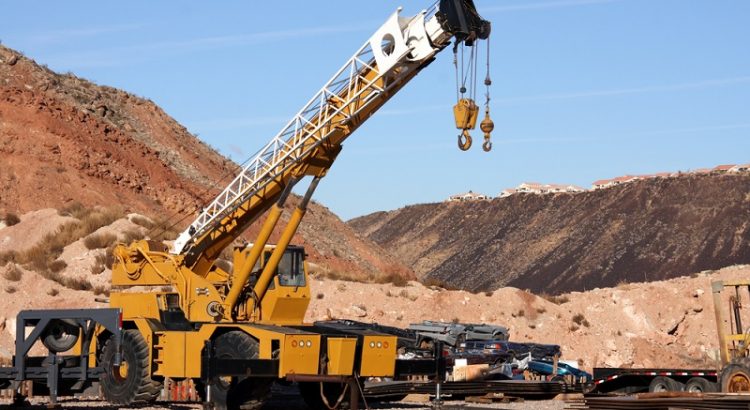Crane wheels are designed to last and operate in tough environments and carry an enormous amount of weight. Crane wheels are the most crucial part of the crane traveling system. It is also the most susceptible part due to the friction between crane wheels and rail. The crane wheel materials include forged steel, cast steel or nodular iron, which are precisely adapted as per the case. The crane wheels can be, with or without wheel flanges, with roller bearings or sliding bearings, with or without gear ring. Heat treatments such as slip-free hardening of the running surface or special coloring schemes are used. You can choose from single edge and double edge wheels and get the best variety of steel with specifications for either trolley or for rail.
The Raw Materials Used For the Hardness of Crane Wheels
Medium carbon steel is generally preferred and the most used raw material in the crane wheel production due to its wide availability and lower cost. Internal bushing and space rings of high quality need to be checked as part of using the best quality raw material. The wheel body, module and number of teeth should be checked
Crane wheels are mostly made of raw materials such as alloys, low carbon steel or medium carbon steel.
Heat Treating Technique Employed To Enhance the Metal Hardness
Due to progress in the heat-treating technology the hardness of crane wheels manufactured using medium carbon steel has been increasing which matters most at crane wheel tread and location where the tread meets the rail. The travel wheel phalanges and the flying gears are made stronger with heat treatment technology.
Production Techniques of Crane Wheels
- Forging crane wheels are considered much stronger as they maintain consistent strength, consistent grain flow and directional strength which can be found as the metallurgical defects during the process of forging
- Forging cranes are more reliable as they offer high reliability for the following reasons
- During crane manufacturing, the grain pattern is refined
- The strength of the crane wheels are maximized by producing grain flow orientation
- The forging wheels are 26% higher in tensile strength and 37% high in fatigue strength as per the published research
Is Higher Hardness Better For The Crane Wheel?
A hardened crane wheel reduces tear and expands the life of crane wheels. The top of the f wheels flange and the outer part of the flange need not be hardened due to ductility reasons. The outer parts need to bend without a break while experiencing the lateral forces. The crane wheels which come in direct contact with the crane runway can be the weakest link of the crane. Mostly crane wheels are the first part of crane which shows the effects of crane problems like a un-squared crane or misaligned rails.
Periodic inspection of all cranes such as gantry cranes, overhead cranes involving the crane wheels can detect premature wheel wear and can provide ideas to resolve problems before they cause substantial damage to the cranes. The thickness of crane wheel flanges is recommended to be measured and documented the rate of wear between inspections can be tracked.
Crane wheels are an important part of the crane if it fails, can make the whole crane inoperable until it’s repaired or replaced. It all comes down to the materials that were used and how they’re treated during the manufacturing process. Durable and reliable crane wheels that can safely transport and handle goods is vital to the operation of your business. You should check the slide bearings to prevent any form of dislocation. Check and hire a certified and registered company to get the best deals on commercial crane wheels.




